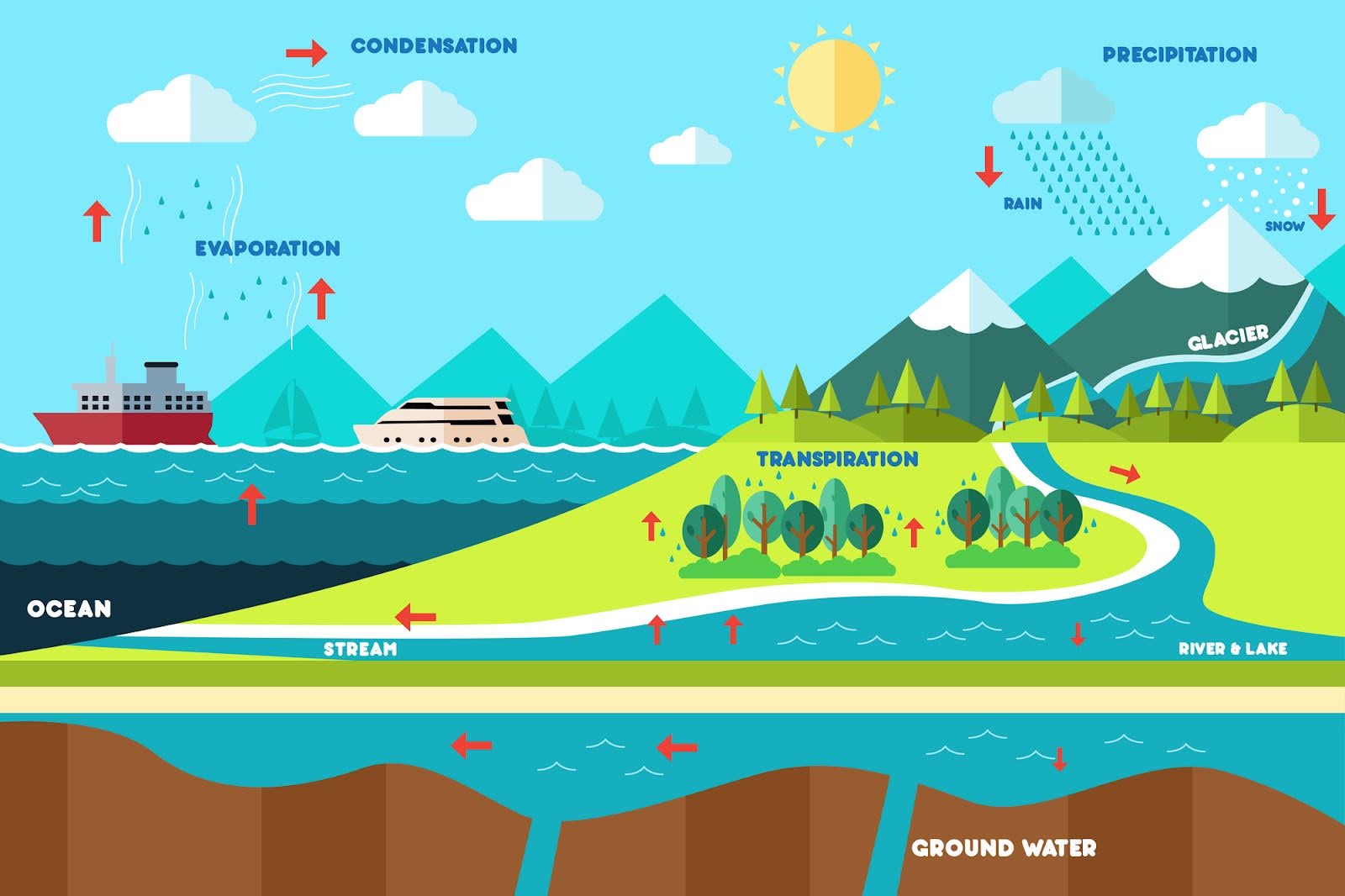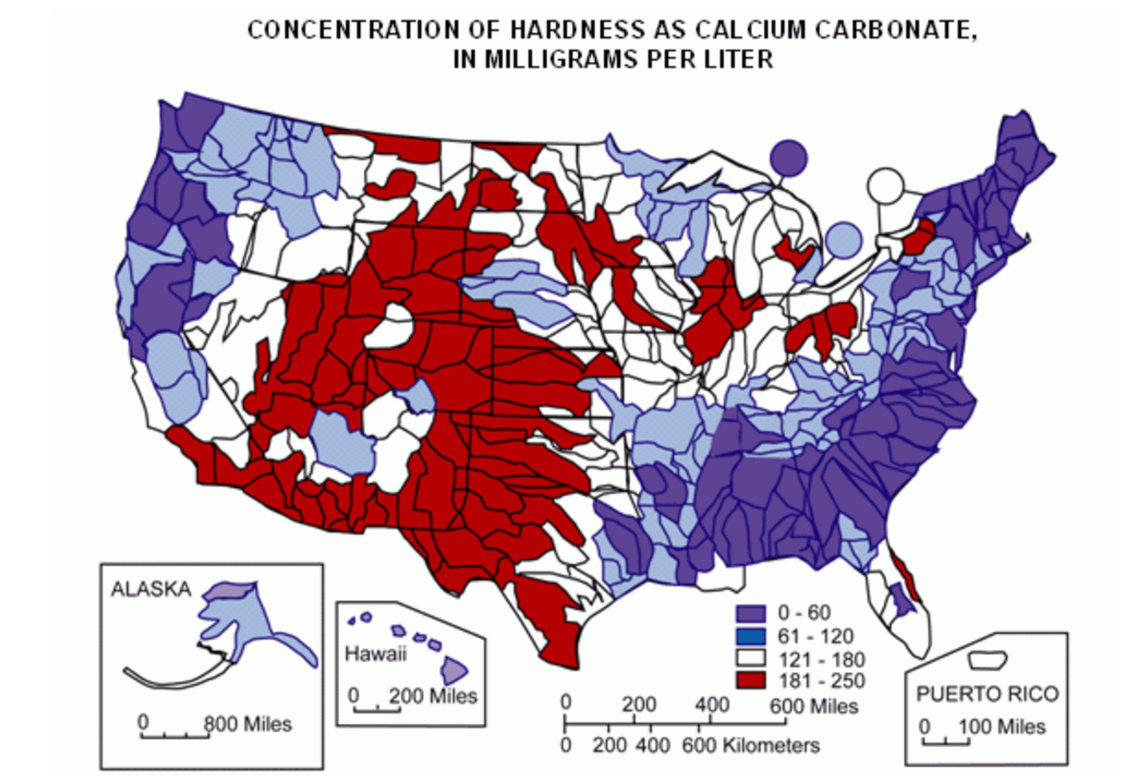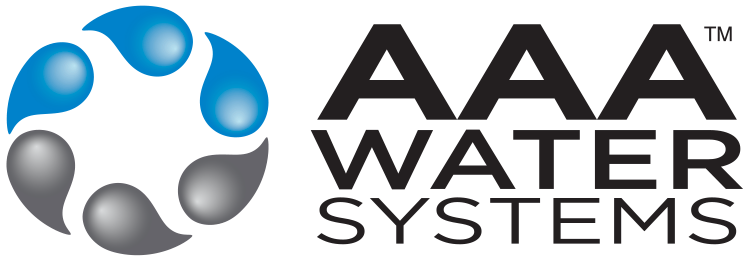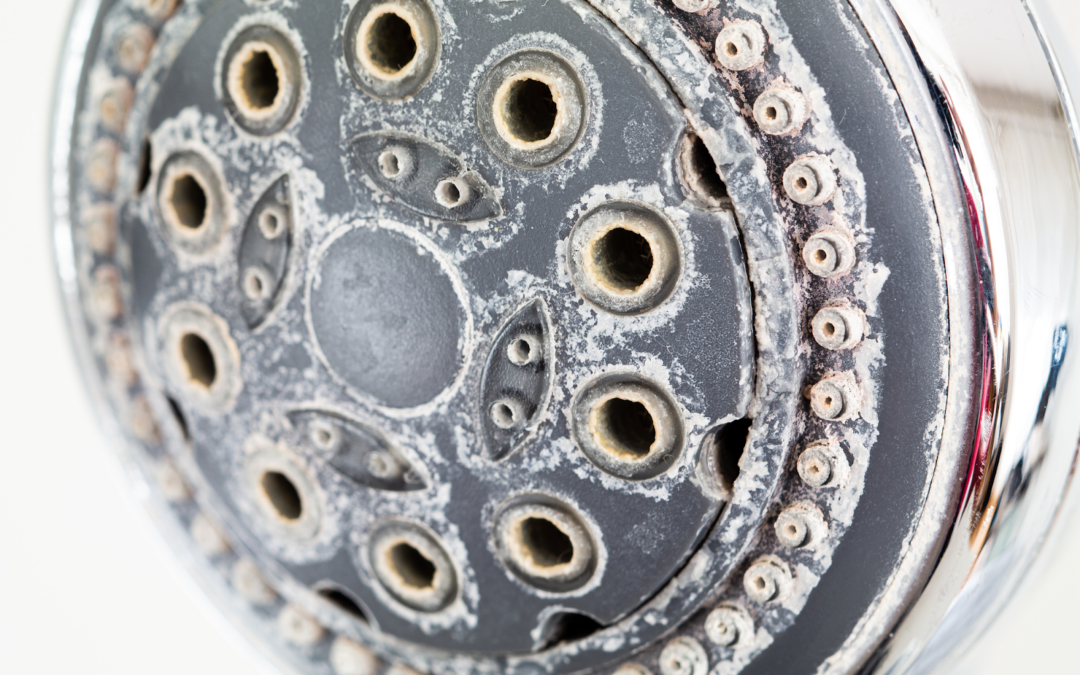Many Sacramento-Stockton-Modesto Area residents have wondered why their dishes are left with a chalky residue after washing or why their soaps and shampoos don’t lather like they should. The culprit could be the water flowing through your taps.
Known as hard water, this common household challenge is characterized by high levels of minerals like calcium and magnesium.
What is Hard Water?

Here are a few telltale signs of hard water:
- Residue on Dishes and Glassware: If you notice a white, chalky residue on your dishes or glassware after washing, it’s a sign of hard water.
- Reduced Soap Lather: Hard water can make it difficult for soap to lather, leading to higher soap usage and less effective cleaning. Ever feel like your skin isn’t smooth or your hair doesn’t feel silky and clean in the shower? That’s hard water!
- Scale Buildup on Appliances: Appliances that use water, like kettles and coffee makers, often develop a white, scaly deposit in areas with hard water.
- Dry Skin and Hair: The minerals in hard water can strip moisture from your skin and hair, leading to dryness.
- Laundry Problems: Clothes washed in hard water can feel stiff and look dull due to the minerals binding to the fabric.
How do you know for sure how hard your water is?
Units of Measurement: Water hardness is typically measured in milligrams per liter (mg/L) or grains per gallon (gpg). One grain per gallon is approximately equivalent to 17.1 mg/L.
- 0-60 mg/L (0-3.5 gpg): Soft water
- 61-120 mg/L (3.6-7 gpg): Moderately hard water
- 121-180 mg/L (7.1-10.5 gpg): Hard water
- Over 180 mg/L (over 10.5 gpg): Very hard water

Understanding the Numbers: The hardness level will usually be listed as a range or an average. Here’s a general guideline for interpreting these numbers.
The first step in measuring the hardness of your water is to identify whether you are on city water or well water.
Finding the Water Hardness Information:
- Locating the Report: Most municipalities publish an annual water quality report, often referred to as a Consumer Confidence Report (CCR). You can usually find this report on your city’s official website or by contacting your local water utility. You can also go to The Environmental Working Group’s Tap Water Database to find your report.
- Navigating the Report: Once you have the report, look for sections labeled “water hardness,” or “mineral content”. If you cannot find it, you can call your local water supply’s office and ask them to provide that to you over the phone.
Water Testing Kits: Water testing kits are readily available at most hardware stores or online. They come in various forms, including test strips, color disk kits, and digital testing meters. Test strips are the simplest; you immerse them in your water sample, and they change color based on the hardness. The color is then matched to a chart provided with the kit to determine the hardness level.
Professional Testing: AAA Water Systems, Inc employs water professionals to test your water at home, which offers several advantages compared to using a test kit purchased online. Here are some key reasons:
Professional Expertise:
- A water professional has undergone rigorous training. Their expertise ensures a thorough understanding of water quality issues and the ability to interpret test results accurately. This professional insight goes beyond what a standard home test kit may provide.
Comprehensive Analysis:
- Professional water testing involves a comprehensive analysis of various water parameters, not just hardness. A water specialist can assess factors like pH levels, total dissolved solids (TDS), and the presence of specific contaminants. This holistic approach provides a more complete picture of your water quality.
Customized Solutions:
- Based on the detailed analysis, a water specialist can recommend tailored solutions for your specific water quality concerns. This personalized advice takes into account the unique characteristics of your water, ensuring that any treatment options suggested are well-suited to address your particular situation.
Equipment Accuracy:
- Water professionals often use high-precision equipment for testing, ensuring accurate and reliable results. This level of accuracy is crucial for making informed decisions about water treatment options and understanding the nuances of your water quality.
In-Depth Interpretation:
- While test kits provide numerical results, a water professional can offer in-depth interpretation. They can explain what each result means in terms of water quality, potential health implications, and the specific actions needed to improve or maintain water conditions.
Real-Time Assessment:
- Having a professional visit your home allows for real-time assessment of your plumbing system and water usage patterns. This on-site evaluation can uncover localized issues that may not be apparent from a water sample alone, contributing to a more accurate diagnosis.
Access to Follow-Up Services:
- A water professioanl can provide ongoing support and follow-up services. If you encounter issues with your water treatment system or have additional questions, you can rely on their expertise for guidance and assistance.
While online test kits offer convenience, the expertise and thorough analysis provided by a water professional deliver a more robust and personalized approach to understanding and addressing your water quality concerns.
So, what’s the solution to hard water?
Advantages of using AAA Water Systems, Inc:
- Efficient Ion Exchange Technology: The core of Kinetico’s softeners is their ion exchange resin, which effectively replaces hardness ions with sodium or potassium ions. This process transforms hard water into soft water, ensuring that the water in your home is more compatible with soap, reduces scale buildup in pipes and appliances, and is gentler on skin and hair.
- Customized Water Treatment Solutions: Understanding that every household’s water quality and usage demands are unique, AAA Water Systems, Inc often offers a range of models and sizes. This customization ensures that homeowners can find a water softening system that matches their specific water usage and hardness level, leading to more efficient and cost-effective water treatment.
- Long-Term Savings: While there is an initial investment for a water softener, the long-term savings can be substantial. By preventing scale buildup, water softeners extend the lifespan of plumbing systems and water-using appliances. Additionally, softened water enhances the efficiency of soaps and detergents, meaning you’ll use less and save money over time.
- Ease of Maintenance: Kinetico softeners are designed for easy maintenance. Features such as high-capacity resin tanks and user-friendly controls make the upkeep simple, ensuring that the systems continue to function effectively with minimal intervention. Plus, with our local, professional service technicians, you can rest assured your system will be running smoothly for a long time to come.
Our team at AAA Water Systems, Inc can help you identify if you have hard water and point you in the right direction to understand exactly how hard it is.



